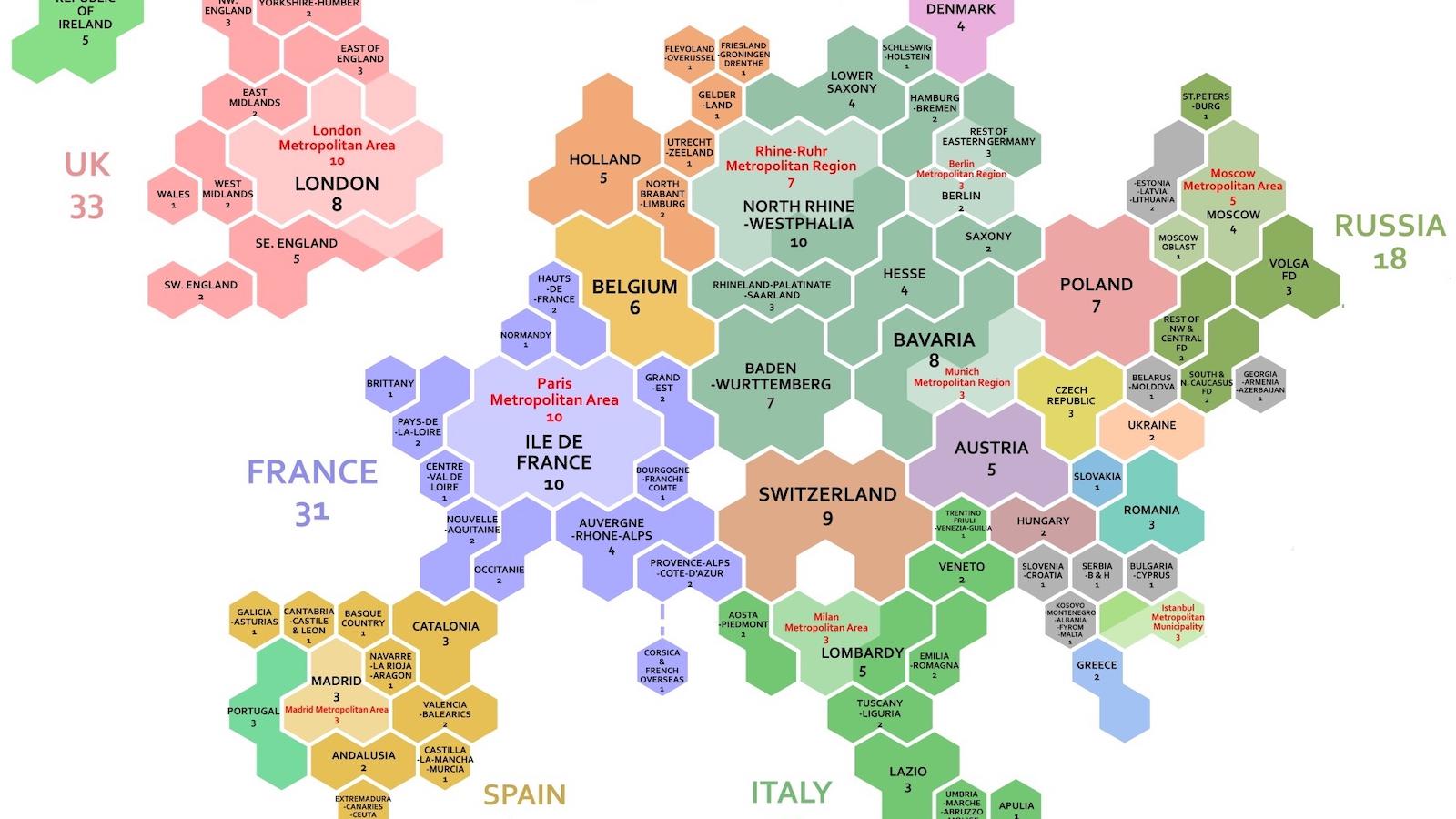The case for universal basic income

- In her book, The Case for Universal Basic Income, Louise Haagh explores some of the most persuasive arguments in favor of guaranteeing citizens a basic level of income.
- Haagh notes that while universal basic income currently enjoys a significant level of support in the U.S. and beyond, it is not a new economic idea.
- Haagh argues that universal basic income can promote human development and social cooperation, and that such programs can fill gaps in modern democracies.
The following is an excerpt from The Case for Universal Income, written by Louise Haagh and published by Polity.
Just a Fad?
Because a basic income is paid regularly, without means-test or behaviour conditionalities, and to individuals, it is often compared with the public pension or child allowances. These provisions in turn are sometimes considered routes to basic income reform. In this context, the most common concern about basic income is that it is paid to all, including working-age adults and those with money and property. The case for doing so, however, is usually stated in terms of rights: the social theorist of the 1960s Richard Titmuss’s famous saying that “separate discriminatory services for poor people have always tended to be poor quality services” applies with equal force to income security. Like Paine, Titmuss wanted to put an end to charity, “to abolish the need to be moral.” An evident rationale for at least a certain basic level of permanent income security for all is that this guards against income security provision being used coercively, or dwindling into pithy handouts. An obvious case against basic income, on the other hand, is that it does not exist. If we have done alright until now without a basic income, why don’t we focus on improving things that have been shown to work? Can we really afford another costly experiment?
Yet, before we dismiss basic income as just a fad, we need to consider a number of basic points.
First, the idea of unconditional rights to monetary security may be thought neither new nor radical when we survey the cross-cutting support the scheme has enjoyed. For people on the left, support for this proposition by market liberals, from Friedrich Hayek in the 1940s, to Milton Friedman in the 1960s, and Charles Murray and founder of Facebook, Mark Zuckerberg, today, all protagonists of privatizing welfare, or of reducing the role of the state, is a concern. Yet, support for basic income has also been strong among left liberals and critical theorists, from Bertrand Russell in the 1930s, to the German social theorist Claus Offe in the 1980s. In their own way, all understood that modern states had failed to secure the basic independent status of citizens.
Second, basic income is already an electorally viable idea, notionally supported by half of the population of Europe. Although populations in high-welfare states are more sceptical, we should not assume this is connected with rejection of universal rights to security. The couching by the European Social Survey of basic income as a “replacement” of other benefits may have contributed to a misperception that eradication of a whole class of benefits, rather than some of their cost, is at stake. The campaign for the 2016 referendum in Switzerland which basic income proponents lost — with only 23% in favor — had quoted a higher level of basic income than commonly discussed. Moreover, skepticism about basic income among societal actors may be tied to the way the proposal is sometimes connected with futuristic projections about artificial intelligence (AI) and a workless society rather than practical problems we face right now.
Finally, since libertarian proposals for basic income linked with a smaller role for the state are the best known, many people understand basic income as a transfer to compensate other forms of exclusion. This drives other common misunderstandings, including the idea that basic income will replace wage incomes or employment, that it is connected with ‘an ideology of idleness’, or that it is essentially a way to address poverty.
Basic Income, Human Development, and Citizen Equality
To understand how basic income is relevant for civilization and democracy, we need to ask a different set of questions: rather than being a displacement of the welfare state, formal employment or cooperation, is basic income important or even essential in some form, to make those work? If we are to make that case, on what grounds would it be? If basic income is clearly not the answer to all of the problems of the welfare state, can we afford not to implement a right to basic monetary security?
When we conceive of basic income in practical terms as a condition of modern society, its constitutive role as an enabler of human development and social cooperation comes into view. Among the many practical reasons for basic income, the most general is how basic income fills a gap in the infrastructure of modern democracies and economies. In this book, I tie a democratic and governance case for basic income to a case for human development in the understanding that the viability of economic and political systems depends on developmental trajectories of individuals succeeding. Basic income is, along with other institutions of social incorporation, essential to make this happen.
The debates and problems we have today grew out of the ideological wars of the 1960s, between those wanting to improve welfare, like Titmuss, and those wanting to minimize it, like Friedman. In this battle of ideas, the school of market economics could draw on the flaws in the postwar project, and did so successfully. The meaning of Titmuss’s comment about separate services is pertinent here. At stake in targeting services to the poor is not just stigma, the identification of “faults in the individual” rather than “faults in society,” and “treating applicants as supplicants.” Titmuss foresaw the roots of this form of welfare in inequality. He anticipated consequently the damaging effects that an ideology of public austerity — defined as the notion that public spending is waste and must be cut to favor the market — would have. Austerity as an ideology of the market applied to the public is essentially about breaking down public costs into the smallest part — for everything that is spent must have a justified “cause,” not because this system saves for society as whole, but because the public sector is defined in narrow assistentialist terms. As Titmuss put it so aptly, conservative discourse about welfare is above all concerned with “unidentifiable causality,” defined as “waste.” The shared form of basic income contests this morality and definition of waste as ‘non-authorized’ spend, by suggesting that the attempt to identify causality, specifically the exact reasons people choose or not to work particular jobs, with the intent to reduce basic income security, also cannot be done without waste and coercion. Rather, security by definition is shared, and reduces overall waste by permitting a holistic program of social and human development.





